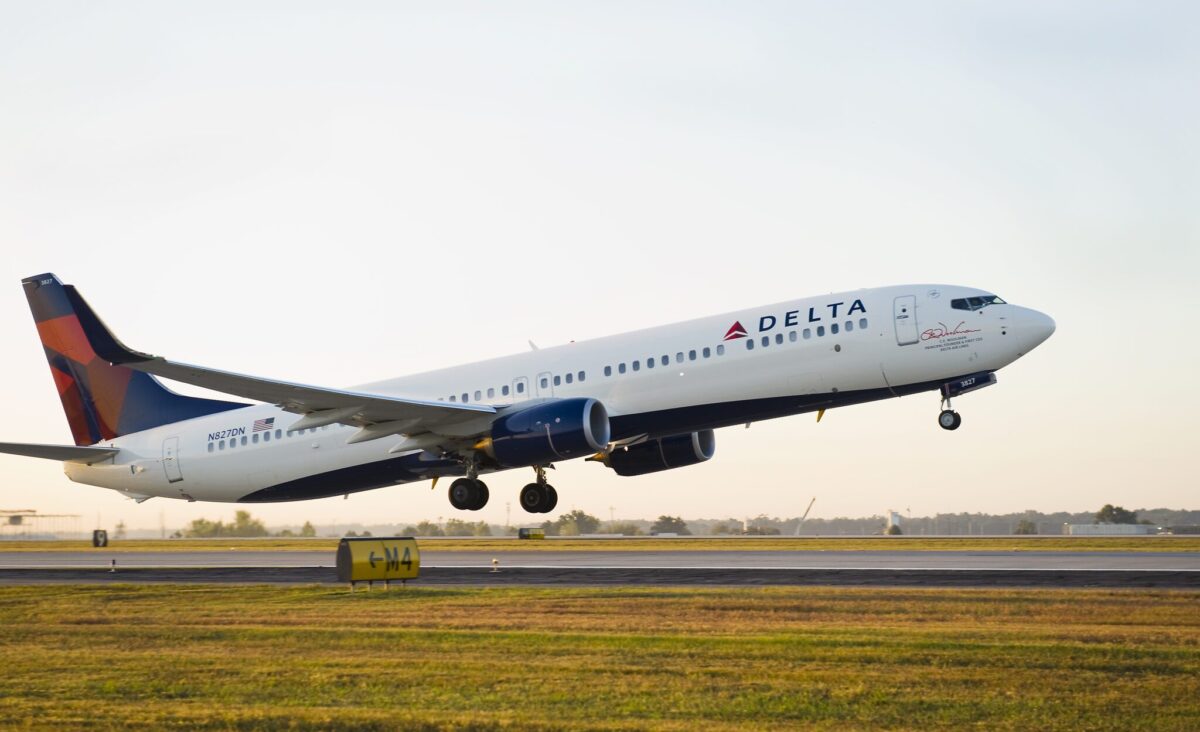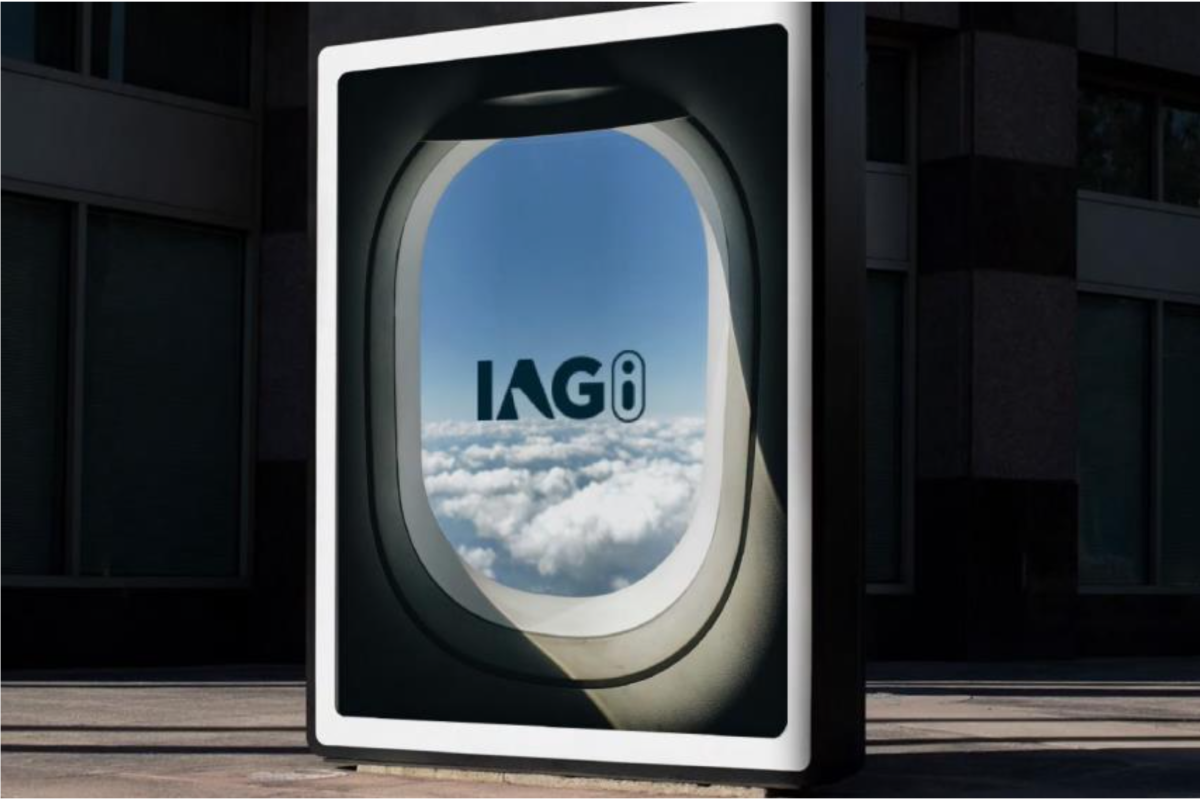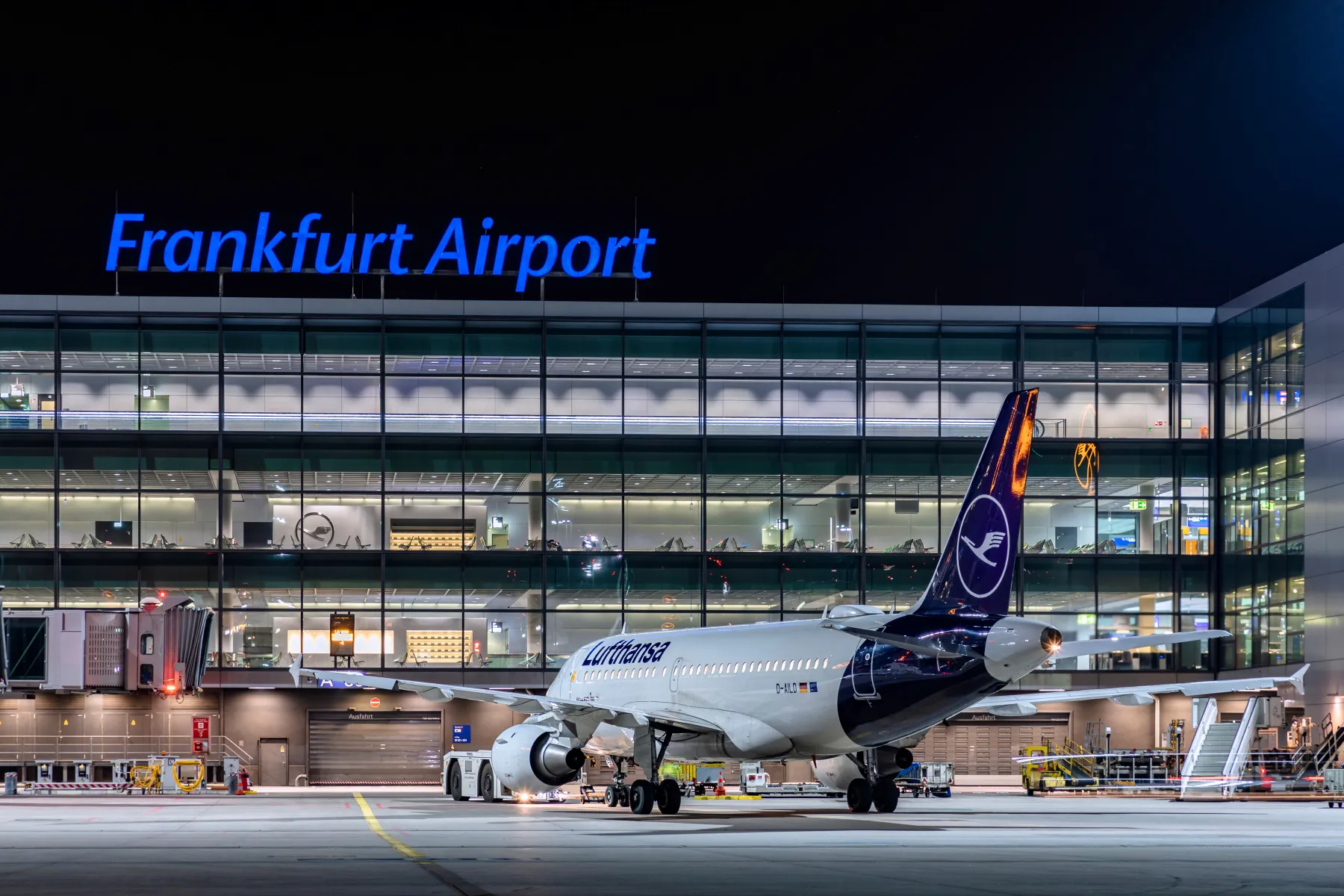Mass Flight Cancellations From Old Tech Are More Common Than You Think
Skift Take

Travel Tech Briefing
Editor’s Note: Exclusive reporting on technology’s impact on the travel industry, delivered every Thursday. The briefing will guide executives as they decide if their companies should “build, buy, or partner” to stay ahead.Southwest’s debacle late last year was extreme, but mass cancellations are not unheard of in the industry. Actually, they seem to be somewhat common.
Just last year, Spirit Airlines canceled 2,800 flights over 10 days because of tech problems and staff shortages during bad weather. American Airlines and Southwest also canceled 2,000 flights each within a short timeframe last year. Delta Air Lines canceled more than 3,500 flights over five days during severe weather conditions in April 2017, as another notable example.
To top it all off, thousands of flights across the U.S. were grounded this week because of a computer glitch in a piece of the Federal Aviation Administration's air traffic control technology.
What leads to these issues is always extremely complicated, especially right now with staff shortages during pandemic recovery, but a common thread is that the industry as a whole is operating on outdated tech.
The Delta issue in 2017 was because airplane crews were calling on phones for reassignment, and the lines became jammed — similar to one of the issues Southwest experienced recently.
“I think if you look behind the scenes inside an airline, there's still a lot of operational processes that are human beings interacting with a siloed system, as opposed to fully automated business processes,” said Samuel Engel, senior vice president of innovation for consultancy ICF International. Prior to his current role, he was head of the firm’s aviation group.
When it comes to airline operations, much of the industry has been focused more on modernizing existing systems rather than digital transformation.
“In that way, they have been leaving value on the table,” Engel said.
Other industries have been able to transform business processes as they upgrade technology. There has been some of that, particularly with airport operations, customer communication, and merchandising and sales. But the outdated operations and related tech creates a problem that’s integrated across the air transport system.
In response to the computer glitch issue this week, the U.S. Travel Association called for tech upgrades to what is known to be outdated air traffic control tech.
"We call on federal policymakers to modernize our vital air travel infrastructure to ensure our systems are able to meet demand safely and efficiently," said president and CEO Geoff Freeman in a statement.
There is no simple solution because the industry is all about flying living people through the air, so innovation takes a long time because the certainty of safety is most important. Any kind of overhaul really may take years and involve new tech pairing with old tech, as some experts have said.
"Much of the revolution in digital modernization is coming from that ability to conceive, design, prototype, and deliver a point solution that overlays existing technology," Engel said. "I think the airlines have been so focused on modernizing their legacy behemoths that they haven't had as much bandwidth to take advantage of the opportunity inherent in low-code, no-code platforms and and overlay solutions."
Another Cancellation Lesson
By some standards, going through some type of operations and technology meltdown is part of the growing pains for an airline. Something else all the instances mentioned above had in common was that canceled flights affected plans in other cities, leading to a snowball effect of mass cancellations.
Engel said many airlines have learned that, when possible, it’s best to cancel ahead of time — before passengers are sitting at the airport and waiting. The other big reason for canceling ahead is because it gives airlines more control over the positioning of aircraft and crew, and then their operational systems are less likely to crash.
“The way each airline learned this practice was through a meltdown. The experience of a meltdown teaches you to cancel ahead,” Engel said.
“That's what the other airlines did in this situation — they canceled ahead. Southwest says they did — I guess the numbers bear that out — but clearly not enough."
And the Southwest situation, because of its significance and the attention it got, may lead to other issues down the road. The U.S. Department of Transportation is said it is investigating the Southwest situation and now the Federal Aviation Administration one, as well.
"The last thing you want is the government to intervene because the politicians will impose regulations that sound good for consumers but are not necessarily positive or beneficial for operations," Engel said.
Related to Airline Tech
Skift interviewed the CEO of Travelport — a global distribution system company that connects airlines and other vendors with travel agents — about recovery and tech investment in 2023.





